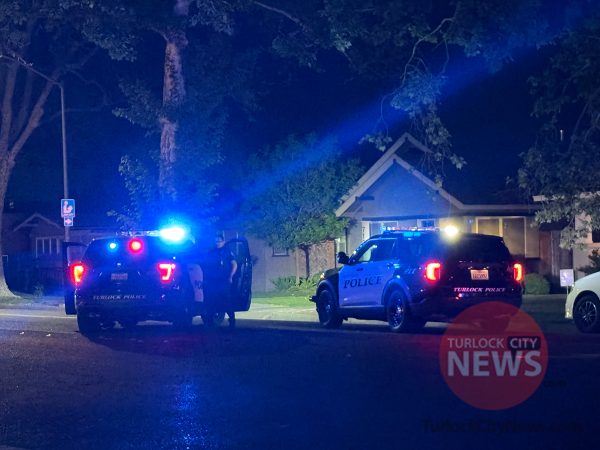Wednesday evening at the City of Turlock Parks, Recreation and Community Commission Meeting, City Attorney Phaedra Norton presented a brief training session for the benefit of the Commission, as well as the benefit of the citizens of Turlock, regarding the importance of the Brown Act and how local legislative bodies can promote public trust in the government.
The Ralph M. Brown Act, which guarantees the public’s right to participate in local government meetings, otherwise known as the Brown Act, was passed in 1953 by the California State Legislature.
The Brown Act was enacted due to concern with local government bodies holding “secret” workshops or study sessions that may involve topics or discussions that may draw public scrutiny, thus avoiding true public participation and accountability.
Basically, the law makes sure the government legislative bodies conduct the public’s business in public.
Controversial issues brought before the Turlock City Council is usually when the Brown Act is mentioned, sometimes alleging a violation of the Brown Act or citing the Brown Act as a reason to not discuss a topic, but the law applies to all local government legislative bodies in California.
City Attorney Norton has given a Brown Act presentation and/or addressed the Brown Act with other City of Turlock legislative bodies such as the City Council and Planning Commission.
The ABC’s of Open Government Laws, as listed by the Institute for Local Government, are as follows:
A) Conducting the Public’s Business in Public: Local legislative bodies must conduct their business in meetings that are open to the public. The times and places of these meetings, along with what will be discussed and addressed, must be made available to the public. The agenda for these meetings must be posted 72 hours in advance of a regular meeting. In limited circumstances, closed sessions are permissible, however, the reasons for closed session must be noted on the agenda.
B) The Public’s Right to Participate in Meetings: Any member of the public can address the public’s body at any meeting. During the Public Hearing, which is an appointed time and opportunity for the public to address the public officials on any item within the body’s influence. If a member of the public wishes to remain anonymous, without giving their name or address, this must be respected. The clerk may require a speaker card to have on record, however, anonymity cannot be denied for speaking.
C) The Public’s Right to Access Agency Documents and Records: Public agencies must make their records available to the public, however, there are some exceptions that apply, such as personnel records that may violate an employee’s privacy rights. Agendas and meeting materials are made readily available to the public, such as on the agencies website, as well as distribution of these materials to the public at meetings.
City Attorney Phaedra Norton also proposed that the Parks, Recreation and Community Commission should conduct a training session of the Brown Act at the beginning of every calendar year, to which the members of the commission were in agreement.
For more information on California’s open government laws, the following resources are available:
• Understanding the Basics of Public Service Ethics: Transparency Laws, available at www.ca-ilg.org/transparency
• Open and Public IV: A User’s Guide to the Ralph M. Brown Act, 2d Edition, 2010. Available on the League of California Cities website at www.cacitities.org or by calling 916.658.8200
• The People’s Business: A Guide to the California Public Records Act, 2008. Available on the League of California Cities website at www.cacities.org or by calling 916.658.8200.






